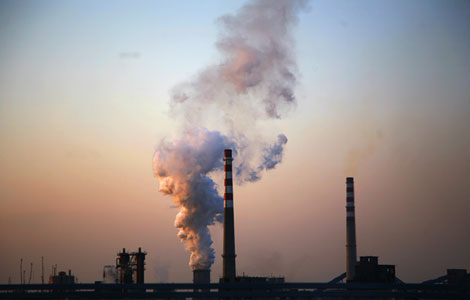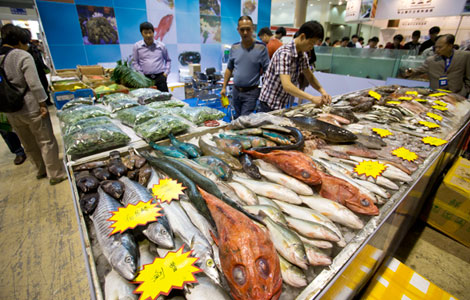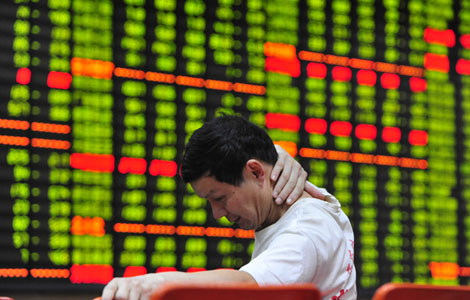
China, as the world's largest fertilizer user, consumed about 30 percent of total global output annually.
But its effective utilization rate of pesticides is still lower than that of developed countries, with a 10 to 20 percentage points gap, according to the NBS statistics.
Overuse of fertilizer will increase soil's dependency on pesticides, said Pan Genxing, an agricultural expert with the Nanjing Agricultural University.
Soil and crops are more likely to be affected by pests when they grow in slightly polluted land, thus, the amount and frequency of pesticide use will increase, which further worsens already-contaminated soil, Pan added.
"Soil contamination and food safety problems are inevitable and are bound to occur in high-growth countries," said Merritt Cluff, an FAO economist.
He noted that land and water resources per person was a problem in China.
"China is unique in the respect that land and water scarcity make difficult combinations. Some other countries may have experienced a similar period, but they did not have such high growth pressure," Cluff said.
In order to address these issues, Graziano da Silva and Cluff advised the Chinese government to invest in order to achieve high productivity.
The government should be strict in controlling the use of pesticides and fertilizers, according to Graziano da Silva.
"There is also the issue of consumers rejecting food products that are not up to standard," the chief added.
 HK's new cruise terminal receives luxury liner
HK's new cruise terminal receives luxury liner
 Future points to carbon trading
Future points to carbon trading
 Seafood businesses flounder amid spending cut
Seafood businesses flounder amid spending cut
 Equities slump amid slow-growth estimates
Equities slump amid slow-growth estimates
 Auto show opens with much fanfare in Xi'an
Auto show opens with much fanfare in Xi'an
 Sunnylands summit fuels Chinese tourism interest
Sunnylands summit fuels Chinese tourism interest
 'Palace on wheels' on sale for $3.13m in Dubai
'Palace on wheels' on sale for $3.13m in Dubai
 Fortune smiles on Chengdu as forum concludes
Fortune smiles on Chengdu as forum concludes